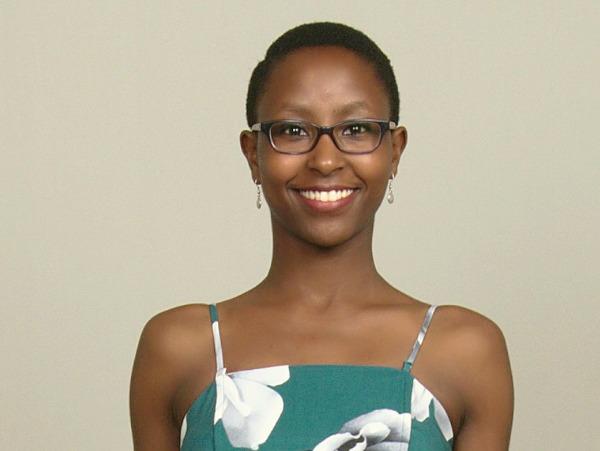
Historically, human beings have fought battles on many fronts and in the 21st Century, competition, rather than cooperation, strife, rather than negotiation, have advanced as the fastest means of achieving a desired outcome. The 7th edition of the African School on Internet Governance (AfriSIG), during the 9am- 6pm class sessions, beside tables filled with pastry during tea and coffee breaks, and over dinner plates persistently laden with rice, swiftly altered this mindset and exposed me to a time-worn practice; the art of patience latent in time-pressed negotiation.
The Practicum Assignment
From day zero, I am sure that all of the School’s forty-six fellows were aware that the concept of multi-stakeholderism would persistently underpin most discussions. Nonetheless, despite being informed that there was a practical assignment centred on the UN Secretary General’s High Level Panel Report, I certainly wasn’t expecting to see the concept come alive so soon in practice.
Achieving consensus required each stakeholder group, who fed into the larger ‘African Implementation Panel’, to first firm up on their internal position, before meeting with the larger group. Our desire to produce an outcome document led to negotiations held over lunch and dinner tables, to appeals in corridors requesting members of other stakeholder groups to alter their positions, to the formation of inter-group alliances as well as heated ‘in-session’ conversations which either fostered animosity or expanded admiration.
The moral of this tirade is simple; decision-making at the internet governance level requires mind and body-numbing grilling negotiations, and sometimes, one must acquiesce to a position one does not necessarily agree. Why? So that we can protect and safeguard a resource whose potential is still being unmasked.
Post- Event Reflections
My post AfriSIG and AfIGF reflections are three-fold. Firstly, I queried where digital rights and internet governance fall on the Richter scale of ‘important’ national, regional and international discussions. At this stage in mankind’s evolution, we can no longer refute the fundamental premise that digital rights are human rights. Based on this, we must fervently advocate for the protection of digital rights by pooling the expertise of multiple stakeholder representatives in a meaningful manner. This necessitates an assessment of the efficacy of the mechanisms which underpin the internet governance space.
Secondly, I realised that we are also entrenched in negotiations with life itself, and for good reason. However, we need to extend these negotiations to the realm beyond and begin ascertaining, as some countries and platforms have, what happens to our digital footprint when we pass on. Clearly, every individual should be permitted the right to specify where their personal data should be retained and whether it should be erased, after their decease.
Lastly, I have many people to credit for the insightful capacity-building and personal development experience I gained during the AfriSIG and during the subsequent African Internet Governance Forum (AfIGF) where I presented the ‘Vote of Thanks’ on behalf of the fellows. As one of the AfriSIG organisers wisely magnified, we must try and shelve our idiosyncrasies and cooperate if we expect to manage and protect a resource as multi-faceted as the Internet with its technical and policy-related requirements.
Sigi Waigumo Mwanzia is a Digital Policy Fellow at ARTICLE 19 Eastern Africa. She holds an LLB in Law and Politics from Cardiff University as well as an MA in International Development from the University of Warwick. Sigi is currently immersed in research assessing the Kenyan governments heightened digitisation drives and the implications of this on privacy and data protection rights.
